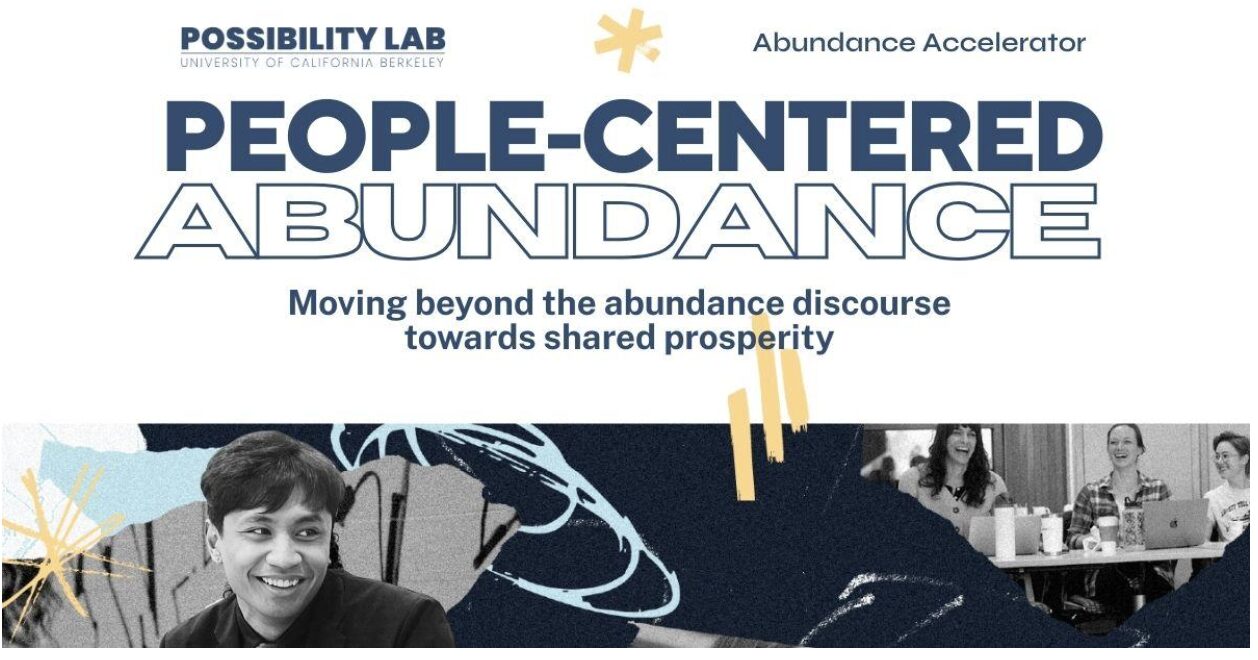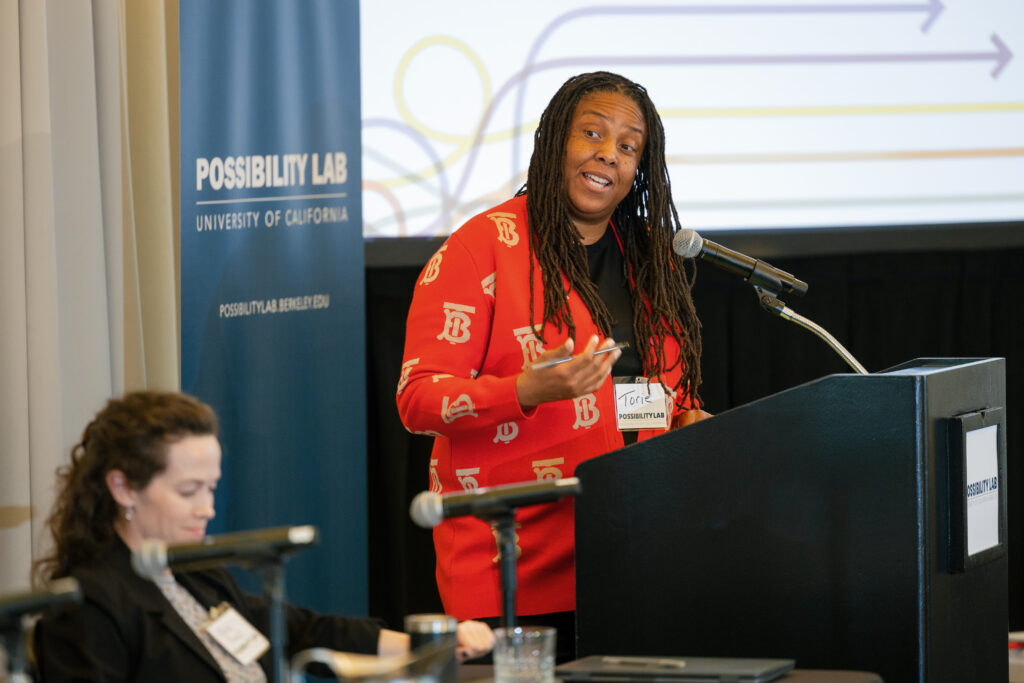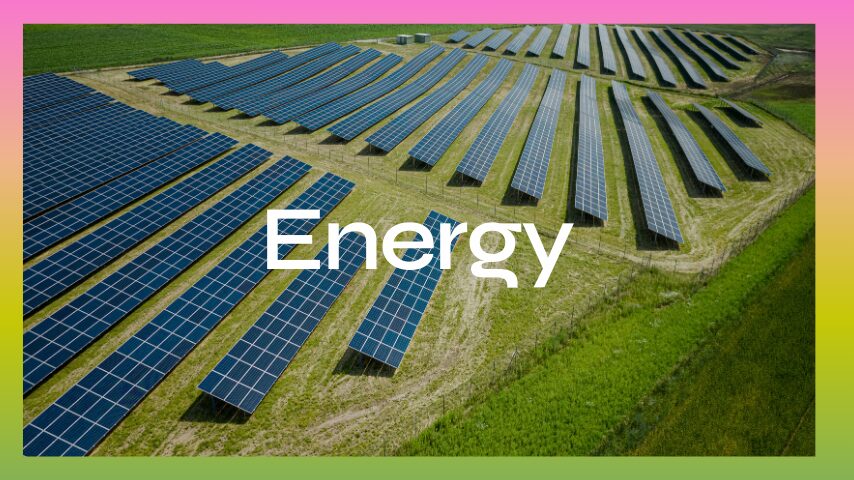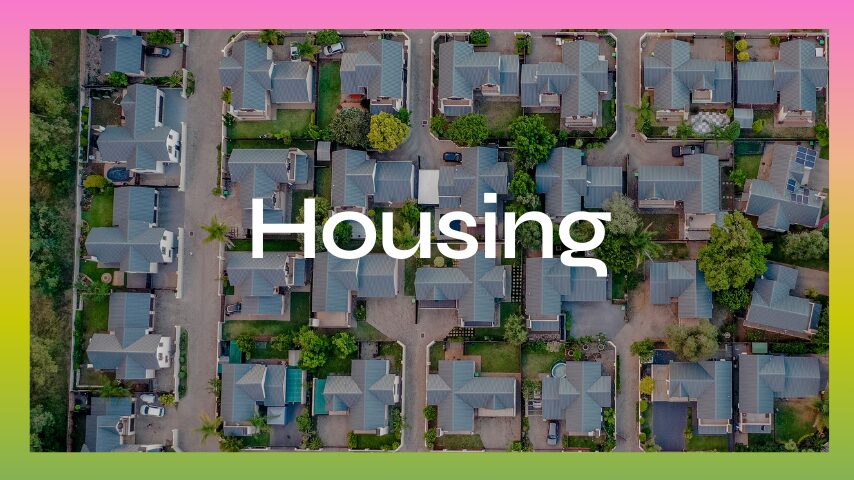
Abundance Accelerator
Together with a growing network of partners, the Possibility Lab’s Abundance Accelerator initiative is leveraging applied research and community-building to promote government policies that expand California’s capacity to sustainably supply essential resources, goods, and services to its people.

Framework
“People-Centered Abundance Framework” to Advance Equity, Accountability, and Public Trust in Policymaking
The Possibility Lab

POLICY BRIEF
Opportunities and Pathways to Reform CEQA to Support Housing Development

CalMatters Op-Ed
Achieving the ‘abundance agenda’ in California will require more than just efficiency”
Read the Op-Ed by our Executive Director and Director of Projects and Planning

Abundance Accelerator Summit [REPLAY]
Beyond Scarcity: The Summit to Advance an Abundant California
Our Research
Our Consortium

Consortium Members
-

-
Anna Powell
Childcare Expert
-

-
Edward Helderop
Digital Connectivity Expert
-

-
Carrie Hahnel
Education Expert
-

-
Mireille Jacobson
Eldercare Expert
-

-
Anibel Ferus-Comelo
Employment Expert
-

-
Keith Taylor
Energy Expert
-

-
Anastasia Telesetsky
Food Expert
-

-
Leif Haase
Healthcare Expert
-

-
Paavo Monkkonen
Housing Expert
-

-
Mikaela Rabinowitz
Safety Expert
-

-
Juan Matute
Transportation Expert
-

-
Nicola Ulibarri
Water Expert

Developing an Abundance Agenda for California
There are a vast array of potential policy interventions, at many different levels and sites of government, that align with an abundance framework. Our approach to moving from conceptual framework to policy agenda is to start with fundamental human needs. We believe every Californian should be able to readily access 12 human essentials.
12 Human Essentials












Abundance Accelerator